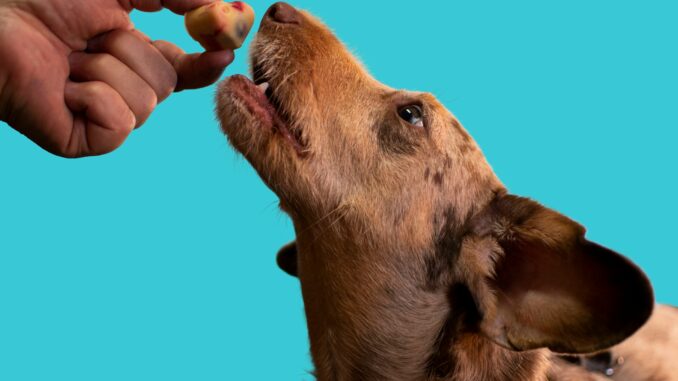
As pet owners, ensuring that our furry companions receive proper nutrition is essential for their overall health and well-being. Understanding your dog’s dietary needs, including selecting the best food, avoiding harmful ingredients, and incorporating treats wisely, plays a crucial role in maintaining their optimal health. In this article, we will delve into the fundamentals of canine nutrition and provide tips on how to make informed choices when it comes to your dog’s diet.
Understanding Your Dog’s Dietary Needs
Dogs are omnivores, meaning they require a balanced diet that includes proteins, fats, carbohydrates, vitamins, and minerals to support their growth, energy levels, and immune system. When choosing a commercial pet food for your dog, it is important to look for products that meet the nutritional guidelines set by organizations such as the Association of American Feed Control Officials (AAFCO) or have been approved by board-certified veterinary nutritionists.
Tips for Choosing the Best Food for Your Dog
- Quality Proteins: Opt for dog foods that list quality proteins, such as chicken, beef, or fish, as the first ingredient. Protein is essential for muscle development and overall health.
- Balanced Diet: Look for dog foods that provide a balance of protein, fats, carbohydrates, vitamins, and minerals. Avoid products that contain excessive amounts of fillers or artificial ingredients.
- Age-Appropriate Formulas: Choose a dog food formula that is specially formulated for your dog’s life stage, whether it’s a puppy, adult, or senior dog. Different life stages have varying nutritional requirements.
- Grain-Free Options: While some dogs may benefit from grain-free diets, it is essential to consult with your veterinarian before making this dietary change, as grains can also provide essential nutrients.
- Allergy Considerations: If your dog has food allergies or sensitivities, opt for hypoallergenic dog foods that are free from common allergens such as wheat, soy, and dairy.
Avoiding Harmful Ingredients in Dog Food
- Artificial Additives: Steer clear of dog foods that contain artificial colours, flavours, preservatives, and ingredients like BHA, BHT, and ethoxyquin, which can be harmful to your dog’s health.
- Fillers and By-Products: Avoid dog foods that have excessive amounts of fillers, such as corn, wheat, or soy, and those that contain by-products or rendered meats of questionable quality.
- Excessive Salt and Sugar: Be mindful of the salt and sugar content in dog foods, as high levels of these ingredients can lead to health issues like obesity, diabetes, and kidney disease.
- Raw Food Dangers: While some pet owners opt for raw food diets for their dogs, it is crucial to be aware of the risks associated with raw feeding, including bacterial contamination and nutrient deficiencies.
Incorporating Treats Wisely
- Use Treats Sparingly: Treats should make up only a small percentage of your dog’s daily caloric intake. Use treats as rewards for good behaviour or for training purposes.
- Healthy Treat Options: Opt for healthy, nutritious treats such as small pieces of fruits and vegetables, lean meats, or commercial treats made with natural ingredients and no additives as these are much better for your dog’s dietary needs.
- Avoid Table Scraps: Refrain from feeding your dog table scraps, as human food can be high in salt, sugar, and fats that are harmful to dogs’ digestive systems.
- Monitor Portion Sizes: Be mindful of the portion sizes of treats you give your dog to prevent overfeeding and weight gain. Consider incorporating treats into your dog’s daily caloric intake.
Conclusion
Understanding your dog’s dietary needs and making informed choices about their food is essential for their health and longevity. By selecting high-quality, balanced dog foods, avoiding harmful ingredients, and incorporating treats wisely, you can provide your furry companion with the nutrition they need to thrive. Consult with your veterinarian for personalized dietary recommendations and make sure to monitor your dog’s weight and overall health regularly. With proper nutrition and care, you can ensure that your dog enjoys a happy, healthy life by your side.
Leave a Reply
You must be logged in to post a comment.